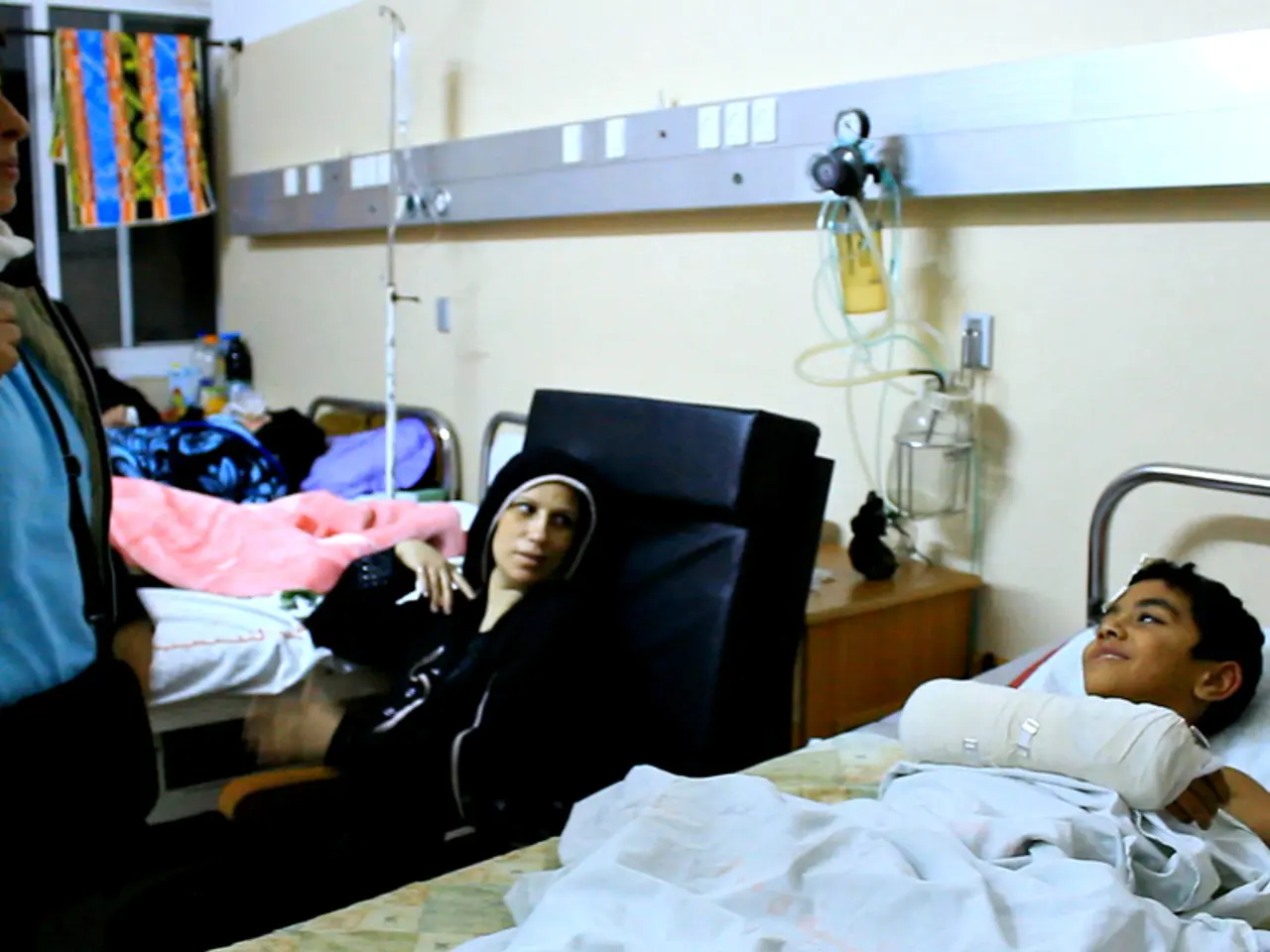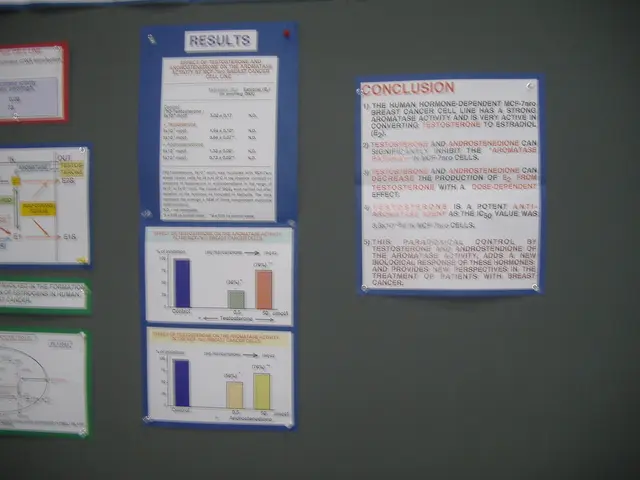Berlin boasts a substantial amount of medical facilities
The Center for Higher Education Development (CHE) in Gütersloh has conducted a study revealing significant differences between German federal states in terms of medical study places. The study found that medical studies remain one of the most popular subjects among German students, but securing a place is particularly difficult.
In the academic year 2024, Berlin admitted approximately 650 new medical students, a slight increase from the previous year. This number translates to 17 medical study places per 100,000 inhabitants in Berlin, which is relatively high compared to other federal states. However, the overall number of new medical students does not fully address the doctor shortage.
In contrast, Brandenburg will launch medical education at the Medical University Lausitz in Cottbus in winter semester 2026/27. Currently, neither Bremen nor Brandenburg offer any medical study places at their state universities. Unfortunately, Bremen still has no state medical study program.
The study by the CHE did not specify the specific federal states with the lowest number of medical study places. However, it was found that the number of medical study places in the rest of the federal states falls behind Berlin. Hamburg and Saxony-Anhalt have 19 medical study places per 100,000 inhabitants each, while Hesse has 18. The Saarland and Mecklenburg-Vorpommern have the highest number of medical study places per capita, with 29 and 26 respectively.
The situation is more dire when considering the number of applicants. Around 10,000 first-year students secured a medical study place for the winter semester 2024/25, but approximately 20,000 applicants were left without a place.
The news of Brandenburg's new medical education programme in 2026/27 is a step in the right direction, but it is clear that more needs to be done to address the doctor shortage in Germany. The CHE's study underscores the need for a comprehensive approach to medical education expansion across the country.
Read also:
- Trump's SNAP reductions and New York City Council's grocery delivery legislation: Problems for city residents highlighted
- Reducing dental expenses for elderlies in Sweden: Over 50% cut in charges for pensioners by the government
- Forty-year-old diet: A list of meal choices to savor
- Exiled Life's Conundrum: A Blend of Liberation, Disillusionment, and Distress







